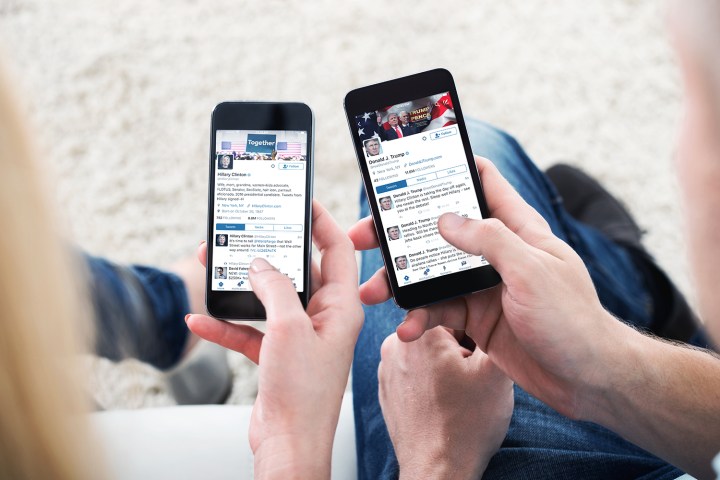
In the month following the election, the social media giant has received an onslaught of criticism around its part in perpetuating (or rather, neglecting to stop the perpetuation of) fake news. But on Thursday, the world’s most popular social network unveiled a new plan to address the problem in a new post in their news room, titled “News Feed FYI: Addressing Hoaxes and Fake News.”
As explained by Adam Mosseri, Facebook’s VP of News Feed, the Silicon Valley giant is focusing on four keys areas of improvement when it comes to scrubbing the web of erroneous stories and fallacious “facts.”
“We’ve focused our efforts on the worst of the worst, on the clear hoaxes spread by spammers for their own gain, and on engaging both our community and third-party organizations,” Mosseri noted. And much of their new strategy depends on you, the user.
First and foremost, Facebook is focusing on easier reporting. Now, if you spot a fake news article, you can click the upper right-hand corner of a post to report it as fake news. Similarly, you can flag a story as disputed, and conversely, see if a story has been flagged as disputed. “We’ve started a program to work with third-party fact checking organizations that are signatories of Poynter’s International Fact-Checking Code of Principles,” Mosseri wrote, “We’ll use the reports from our community, along with other signals, to send stories to these organizations.”
Should fact checkers determine that a story is indeed fake, Facebook will display a link to a corresponding article explaining why it’s been marked as such. Moreover, Facebook will now display disputed stories lower in News Feed than unflagged articles, and once a story has been marked, it will be ineligible for promotion.
Furthermore, Facebook is beginning to pay more attention to context clues. “We’ve found that if reading an article makes people significantly less likely to share it, that may be a sign that a story has misled people in some way,” Mosseri said, adding, “We’re going to test incorporating this signal into ranking, specifically for articles that are outliers, where people who read the article are significantly less likely to share it.”
And finally, the social network is wising up to the financial motivations behind many of the fake news stories (or at least, those sharing them). On the one hand, Facebook will eliminate the ability to “spoof domains, which will reduce the prevalence of sites that pretend to be real publications.” On the other hand, Facebook says that it will begin to analyze publisher sites “to detect where policy enforcement actions might be necessary.”
Of course, tackling fake news will be an ongoing process, and will require the cooperation of the broader Facebook community. But don’t worry, Mosseri wrote, “We’re going to keep working on this problem for as long as it takes to get it right.”

